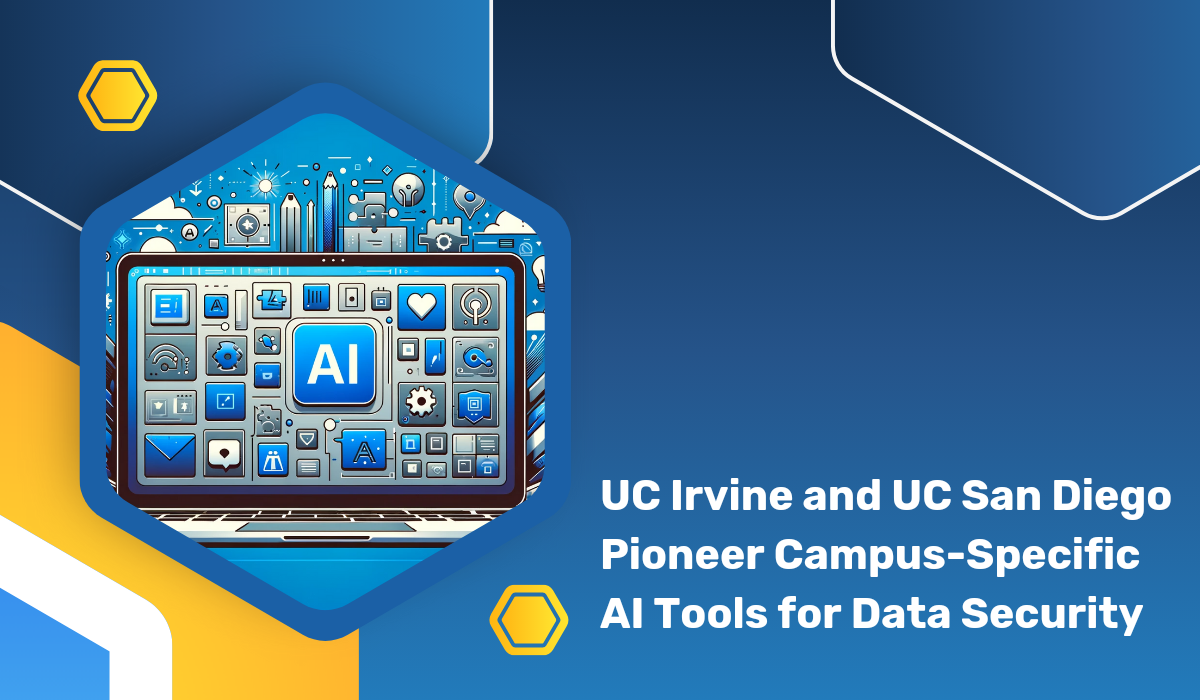
 March 23, 2024
March 23, 2024 [email protected]
[email protected]
In the realm of higher education, the integration of generative artificial intelligence tools has sparked both excitement and concern regarding data privacy and security. Universities, recognizing the potential of such tools for faculty, staff, and students, have begun to develop their own customized solutions. This move comes in response to apprehensions about the safeguards in commercially available platforms like OpenAI’s ChatGPT.
UC Irvine and UC San Diego have taken the lead in this initiative by launching their own AI tools tailored to their respective campuses. UC Irvine's ZotGPT Chat, introduced in January for faculty and staff, is set to extend its reach to students in the near future. Meanwhile, UC San Diego's TritonGPT, after two months of beta testing, is preparing for a campuswide rollout.
These university-specific AI tools offer features such as internet-enabled responses, image generation, and custom chatbots integrated with departmental data. Notably, UC San Diego's TritonGPT distinguishes itself by being hosted on local infrastructure at the San Diego Supercomputer Center, ensuring complete control over data without reliance on external platforms. While this approach requires the university to manage its hardware and capacity, it signifies a proactive stance towards data security and privacy—a challenge that many institutions face amidst the AI revolut
ion.